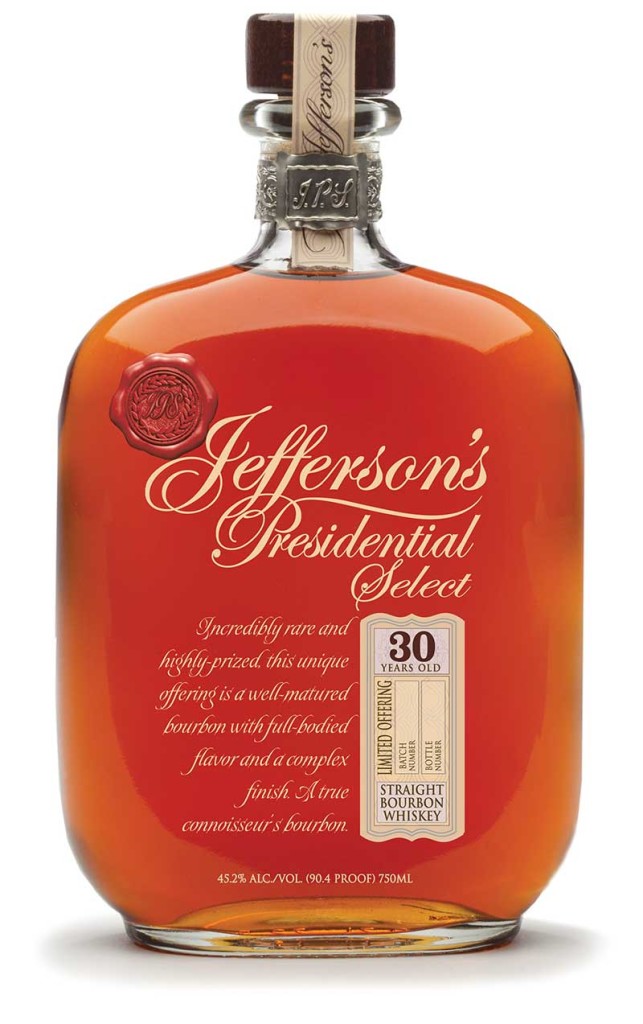Picture the whiskey industry after WWII. The few distilleries that remained after prohibition had been successful with pulling themselves out of a whiskey drought by producing massive amounts of young whiskey and blending older stocks with neutral grain spirits. People were drinking straight whiskey again and the whiskey industry was successful until WWII ended production in order to massively produce ethanol for the war effort. The whiskey monopolies (including Schenley) were experiencing another whiskey shortage due to the war.
Jump to the beginning of 1950 and the build up to the Korean War. Lewis Rosensteil, the head of Schenley Distillers Corporation, saw the build up to the war as a sign to ramp up production. A new war would mean shortages again, so he would avoid them by creating a glut of whiskey from which to draw stocks and continue to make profits while others would suffer…or so he thought. There were no shortages because there was no rationing, but instead one of the most powerful men in the whiskey industry was left with a surplus of aging stocks.
Rosensteil was no stranger to being in possession of a large percentage of America’s whiskey. After prohibition, Schenley owned a quarter of U.S. stocks which amounted to about 5 million gallons. He now owned about 2/3 of U.S. stocks at over 400 million gallons. (These numbers are fuzzy because the accounting was as well…) This whiskey glut could not be sold for immediate profit and would need to sit in warehouses for a long time. Anything aging over 8 years would need taxes paid on it and Rosensteil couldn’t have that… His many years of working in grey areas during prohibition (associations with bootleggers and the government, including J.Edgar Hoover) gave him all the access he needed to lobby for the extention of aging in bonded warehouses. Of course his competition didn’t like any of this, but Rosensteil didn’t much care.
Lewis Rosensteil lobbied for the Forand Act in 1958 with the help of his newly formed lobbying group, the “Bourbon Institute”. This act would extend the time allowed for bonded warehousing of aging stocks (and more importantly the taxes that would be due) to 20 years. With the taxes put off for a while, he would now need to make sure no one else abroad could make the money he intended to make with all these aging barrels. He lobbied for bourbon to become solely an American product and in 1964, it was made law. Rosensteil would use his new advantages over his competition to advertise that older stocks were better and therefore, more expensive. It worked for a time until tastes changed in the late 60’s and 70’s.
Similar whiskey overproduction happened in the 90’s and so again we have older stocks. Do not be fooled by advertising. Let your taste buds, not saavy businessmen, guide your purchases.
